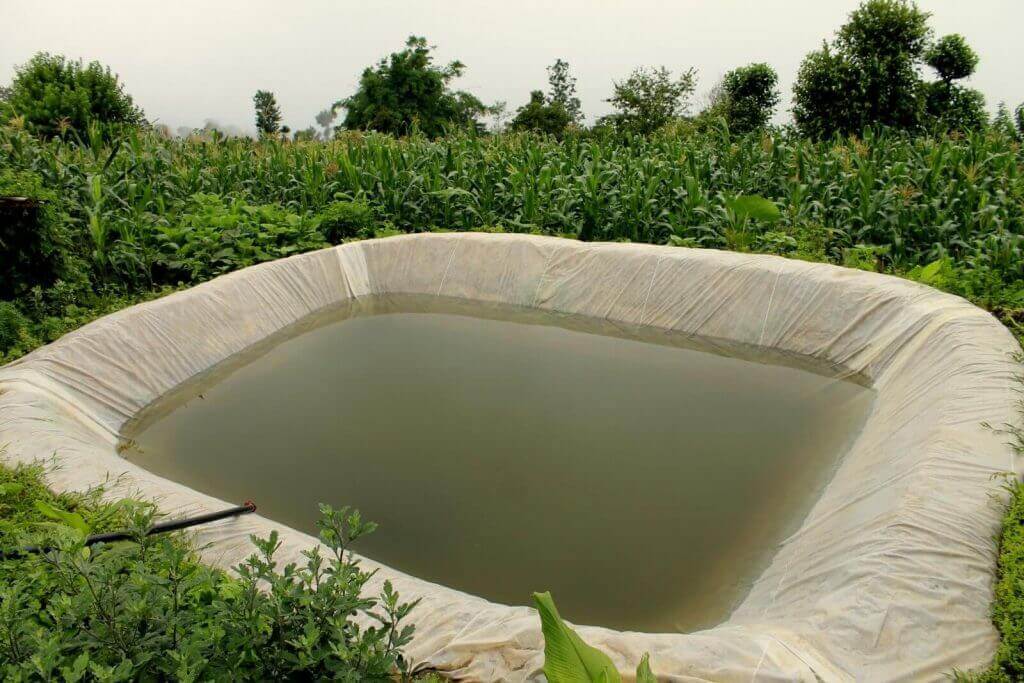Dar es Salaam. Environmental experts and stakeholders in Tanzania have called on the government to adopt a collaborative, multi-faceted approach to address the escalating effects of drought.
They have stressed the need to incorporate modern technologies for water harvesting and storage, food preservation, and conservation of natural habitats in efforts to mitigate the devastating impact of drought on agriculture and the economy.
This call for action follows a report released by the United Nations Convention to Combat Desertification (UNCCD) on December 9, during the 16th UNCCD Conference of the Parties (COP16) held in Riyadh, Saudi Arabia.
The report focused on the global threat of land drying, highlighting the alarming trends of increasing drought conditions in several countries, including Tanzania and South Sudan. According to the report, Tanzania is experiencing rapid drought conditions, placing it among the most affected nations in the East African region.
The report also raised concerns about the growing frequency of global droughts, which have led to significant ecological damage, including loss of soil fertility.
This trend, experts warn, is having a direct negative impact on agriculture, which is heavily dependent on stable weather patterns. The situation has become a pressing issue for policymakers, environmental stakeholders, and the wider public, as droughts lead to widespread food insecurity, loss of livelihoods, and conflicts over water and land resources.

Challenges of drought prevention in Tanzania
Prof. Pius Yanda, a climate change expert at the University of Dar es Salaam, emphasized that preventing drought in Tanzania is a complex challenge, especially considering the severe impacts that have already been felt across the country.
He stressed the importance of developing long-term strategies to enhance resilience to drought and desertification.
One key strategy he proposed was maximizing food production during periods of abundant rainfall and ensuring that surplus food is preserved for times when rainfall is insufficient. This approach, he argued, could help mitigate food shortages during drought periods.
He also called on the government and relevant stakeholders to explore and implement modern rainwater harvesting technologies to meet both domestic and livestock water needs.
This would not only help prevent water scarcity but also reduce the likelihood of conflicts between farmers and pastoralists, which often arise due to competition for limited water resources.
Prof. Yanda also pointed to the need for urgent action to address urban migration, which exacerbates overcrowding in cities and puts additional pressure on already strained water resources. As more people move to urban areas in search of better livelihoods, the demand for water increases, further contributing to urban water scarcity.
Inadequate Tree Planting Efforts
Fredy Kwezi, the director of the Tanzania Sustainable Development Initiative (TSDI), noted that despite efforts by the government and environmental stakeholders to plant trees as part of efforts to combat climate change, the results have been largely unsatisfactory.
Kwezi pointed out that many tree-planting projects fail because they are not followed up properly. Stakeholders often plant trees, take photographs for documentation purposes, and then leave the trees to die without ensuring their survival.
He argued that successful tree planting initiatives require expert involvement to ensure that the right species are planted in the right locations. For example, tree species that thrive in the cooler highlands of Njombe may not survive in the hot and humid coastal areas of Dar es Salaam.
Likewise, trees suited to the Coast Region may not be able to withstand the conditions in the southern highlands of Mbeya.
Kwezi also suggested that land-use planning could play a crucial role in mitigating the effects of climate change. By implementing better land management practices, soil erosion could be reduced, helping to preserve soil fertility and lessen the impact of drought.
The role of education in addressing drought
Nyendo Kinyonga, a climate change expert, emphasized the importance of education at the community level to raise awareness about the causes and impacts of drought. She argued that while central government-led initiatives are important, communities should be encouraged to take proactive measures to combat drought.
She urged farmers to return to traditional farming methods that do not rely on chemical fertilizers. Overusing pesticides and fertilizers, she pointed out, damages the soil and accelerates the onset of drought.
By promoting organic farming and sustainable agricultural practices, communities can help to restore soil health and reduce their vulnerability to climate-related challenges.

A call for collective action
Sarah Pima, the director of the Human Dignity and Environment Care Foundation (HUDEFO), added that addressing drought requires a collective effort, not only in Tanzania but across the entire sub-Saharan region.
She emphasized the need for robust policies that prioritize the conservation of natural vegetation and forests rather than relying solely on tree planting. She argued that desertification and drought are imminent threats that require urgent action, urging the government to implement climate change mitigation strategies more rapidly.
Pima also highlighted the need to strengthen community-based initiatives and ensure that the public understands the gravity of desertification and its impact on food security, water availability, and livelihoods. The involvement of local communities in combating drought is essential for creating sustainable solutions.
Economic impact of drought
According to the UNCCD report, drought is a leading cause of land degradation, affecting up to 40 percent of the world’s fertile land. This degradation has a direct impact on agricultural productivity, leading to food shortages and economic losses.
The report also noted that the increasing frequency of droughts in Africa has been linked to a 12 percent decline in national GDP between 1990 and 2015, underscoring the severe economic challenges posed by land degradation.
In response to these challenges, Tanzania has committed under the nationally determined contributions (NDC) framework to reduce greenhouse gas emissions by 30 to 35 percent across all economic sectors by 2030, compared to pre-declaration trends.
This commitment is part of the country’s broader efforts to combat climate change and reduce its vulnerability to extreme weather events like droughts.


